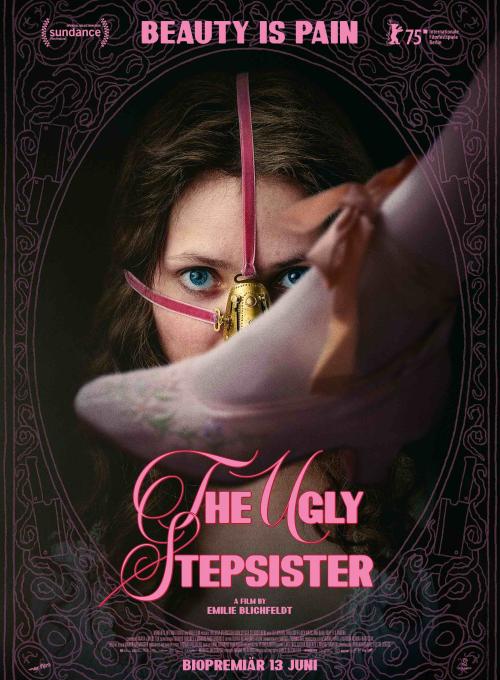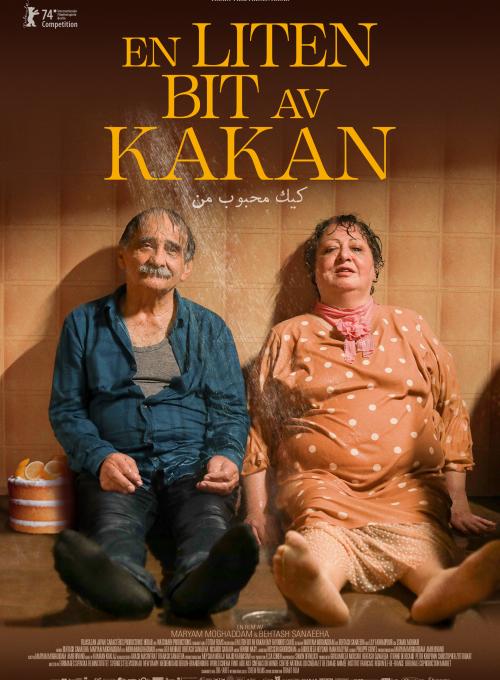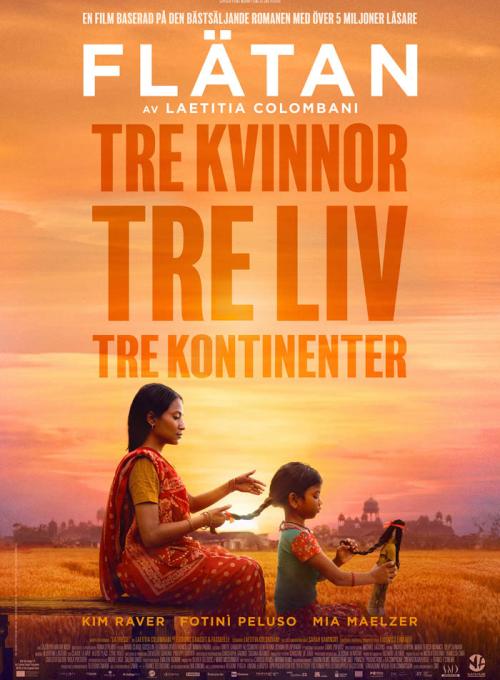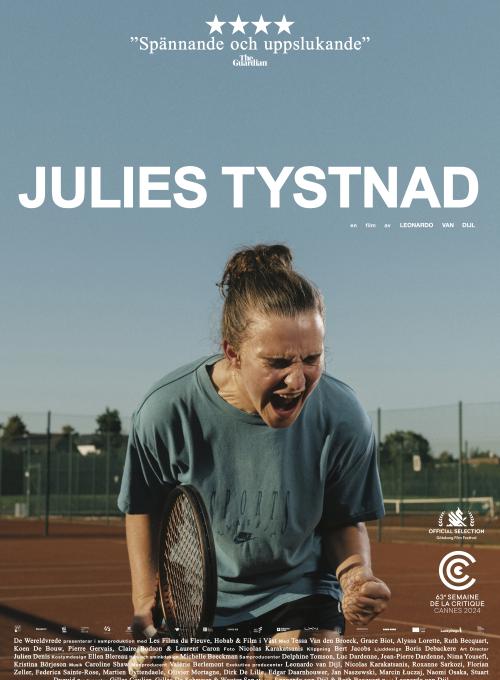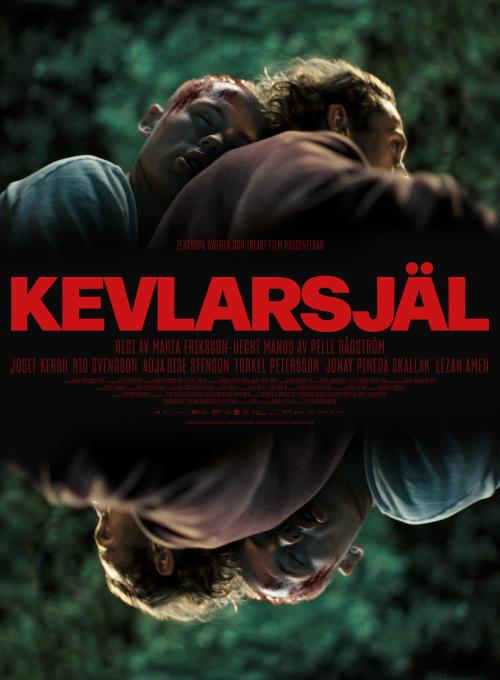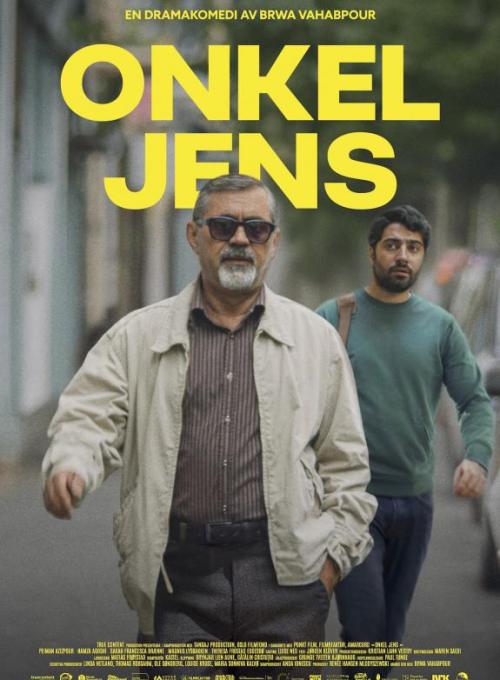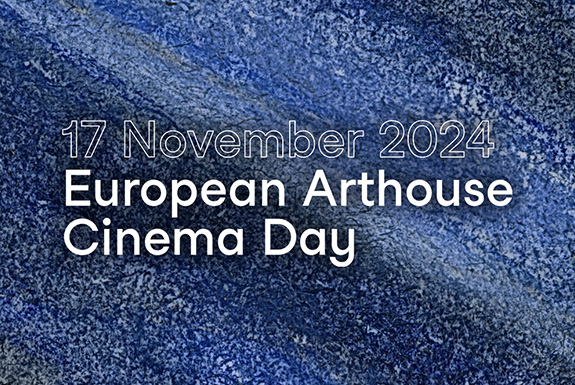European Arthouse Cinema Day 2024
Den 17 november är det dags för European Arthouse Cinema Day där biografer runt om i Europa tillsammans lyfter fram den europeiska kvalitetsfilmen.
European Arthouse Cinema Day påminner oss om varför film är så viktigt. Det är en dag då vi samlas för att stå upp för yttrandefrihet, konstnärligt uttryck och de berättelser som behöver berättas. Vi står enade i vårt engagemang för att försvara idealen om ett fritt och öppet samhälle och främja en respektfull dialog över gränser och kulturer.
Varje år samlas över 700 biografer världen över för att fira European Arthouse Cinema Day! Detta är mer än bara film – det är en rörelse som står för tolerans, demokrati och gränslös kultur. Tillsammans lyfter vi fram vikten av arthouse-filmer och skapar en plattform för samtal och förståelse över kulturgränser.
En av ambassadörerna för European Arthouse Cinema Day 2024 är regissören Wim Wenders, och vi på Fyris är därför extra glada över visa hans mästerverk Himmel över Berlin just denna dag. Längst ner på denna sida kan du läsa Wim Wenders Call to Action inför dagen.
- Program -
13:00 (Fyris 1)
Familjefilm: Flow - Katten som slutade vara rädd för vatten
13:15 (Fyris 2)
Lilla spöket Laban spökar igen
14:30 (Fyris 2)
Vem är vem?
15:00 (Fyris 1)
Det omätbara
15:30 (Fyris 2)
XXL
17:00 (Fyris 1)
Klassiker: Himmel över Berlin
17:15 (Fyris 2)
Förhandsvisning: Without Air
19:45 (Fyris 1)
Den svenska torpeden
19:30 (Fyris 2)
Club Zero
Wim Wenders Call to Action:
Why We Need (Arthouse) Cinema Right Now
The recent European elections have once again shown us:
We are politically in a precarious situation.
We stare in horror at the election results and seek answers.
Why do so many people follow the empty promises of populists,
why don’t they question what these populists are trying to sell them?
Hasn’t history long since reduced their nationalistic “solutions” to absurdity?
If there is anything that can protect us from cheap and dangerous populism, it is education and culture. An important, but still underestimated by politicians, part of this, are films — stories that tell us about our own and other cultures, life concepts, and experiences. And just as important is the cinema itself as the place where we, together with others, immerse ourselves into those very worlds that help to broaden our horizons and to experience other perspectives, but also history itself.
I am very serious when I say that the role of cinema is still completely underestimated by politics. Film education, in a world dominated by moving images, should have long been an integral part of school curriculums just as visual arts, music, and literature have been for a long time. Adolescents need to master the alphabet of seeing and the grammar of images, for only then can they recognize when they are being manipulated, and nowadays, this happens more through images than words.
The “European Cinema Day” rightly sees itself as the “Global Day of Action for the arthouse movement.” For me, it is the day when we must understand ourselves as cinema activists to collectively advocate across all geographical, political, and social boundaries for the expansion of our horizons and viewpoints: with the intelligent, exciting, and moving stories, and the history that (arthouse) cinema has to offer.
16.08.2024




